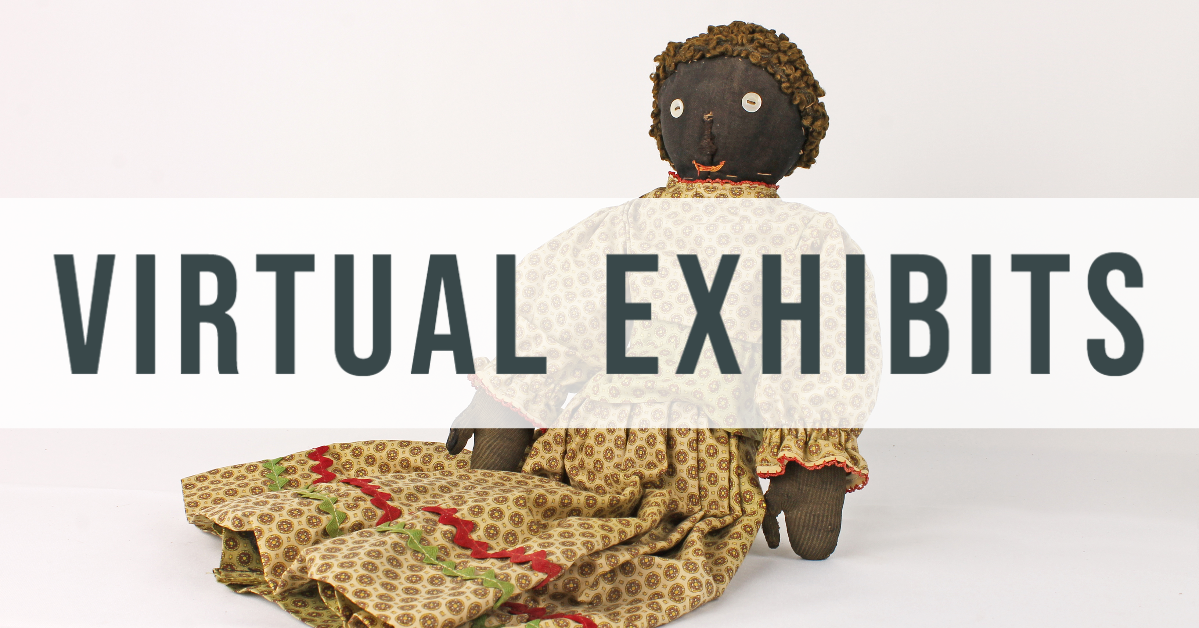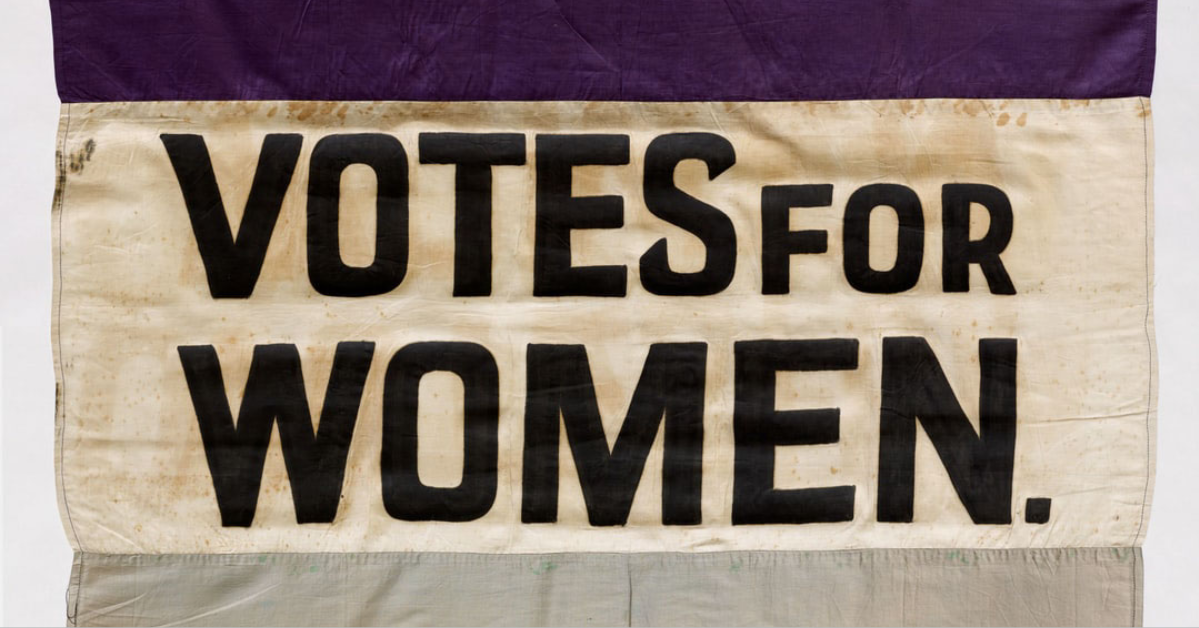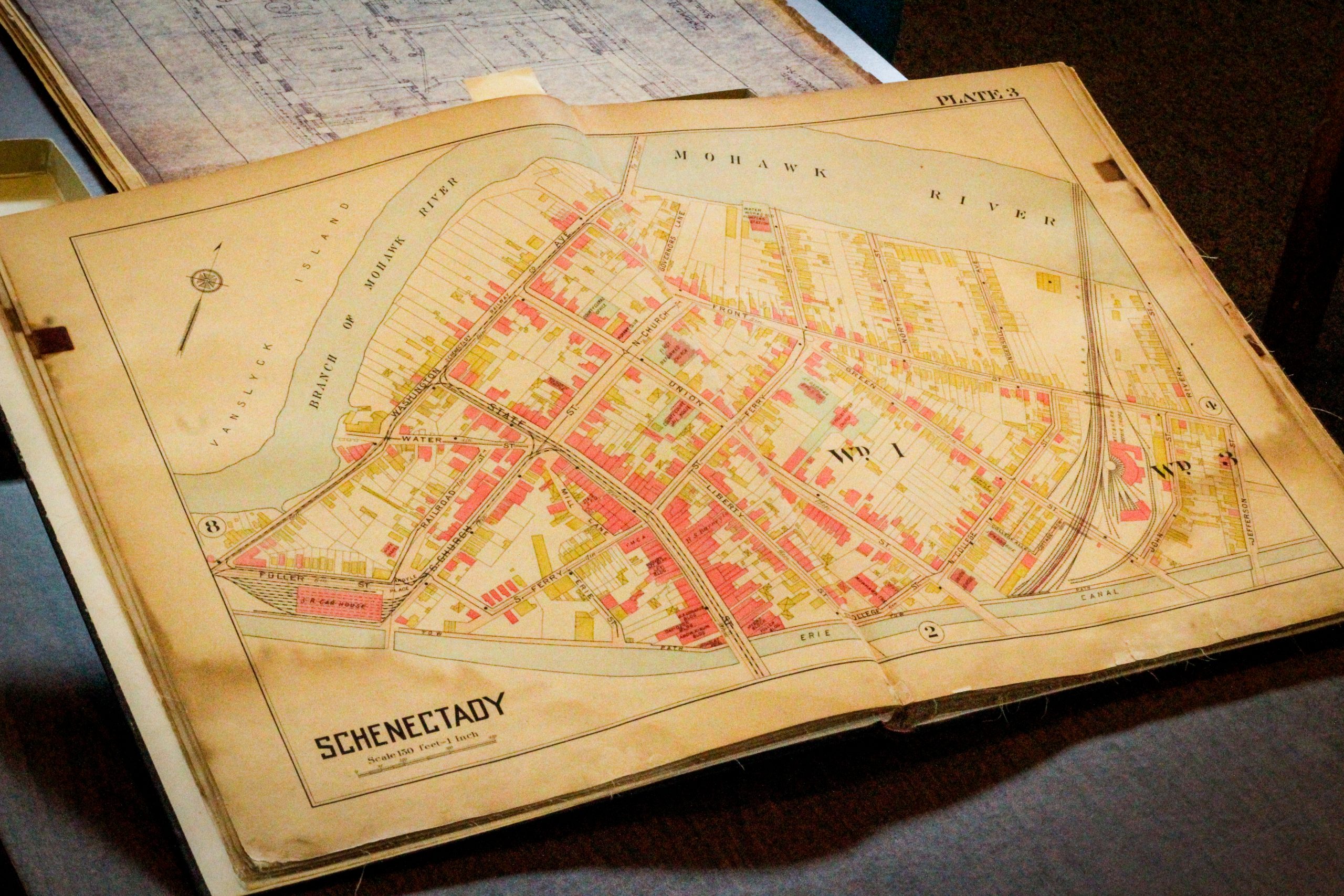Help SCHS build an archive of COVID-19 stories
Members and Friends: We are all making history right now, as we live through the COVID-19 pandemic. It's an emergency of historic proportions, and has been compared to the Black Plague, or the 1918 Spanish Flu. Like those past crises, COVID-19 will be a major topic of study for future historians. Years from now, Schenectadians will look back and wonder, “how did the COVID-19 pandemic affect Schenectady County? How did our ancestors respond to the crisis?” "What was life like for people quarantined, for months?" You can help future researchers understand for themselves what life right now is like. You can help future historians understand the pandemic's immense impact on our community, and on ourselves, and on our way of life. You can help future historians understand how this international emergency changed your life, and changed our world, forever. Consider recording your unique perspective for inclusion in the SCHS archives. Diaries, scrapbooks, photo albums, letters, songs, poems, short stories, and other works of art are all important sources for future historians. Be creative: there are infinite ways you can express yourself, and document the impact of COVID-19 on you, your loved ones, and your neighbors. Help us, by: Contributing to a global collection: https://covid19.omeka.net/ Share your story using our form: https://docs.google.com/forms/d/e/1FAIpQLSeHgEsVMdH6NBHjFKx_QxVwa5_H4rZSKIQ71e_XkjhfWMeiXg/viewform Creating a personal diary, scrapbook, or photo album (analog/physically or digitally) Collecting the letters, emails, and notes that you’ve created or received to stay in touch or communicate with others during this difficult time of isolation The COVID-19 pandemic and its economic impact is an on-going, changing situation. It will take time to document how we are all affected. If you have questions about ways you can contribute to the SCHS archive collection, or about documenting your experiences, contact the SCHS librarian, Marietta Carr, at librarian@schenectadyhistorical.org Wishing you and your loved ones the very best. Be in touch and be safe.




